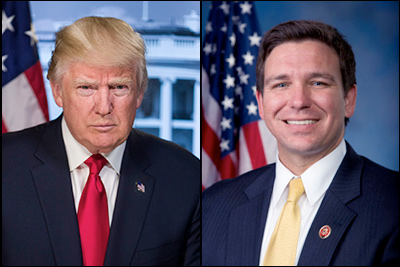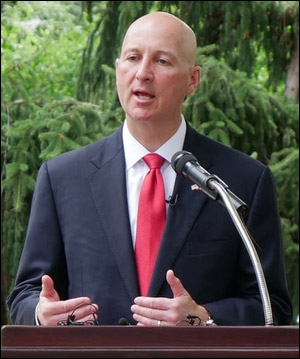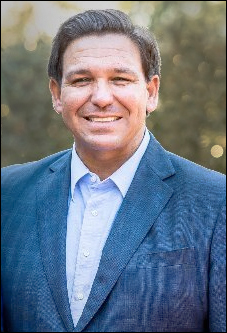By Jim Ellis — Wednesday, Nov. 16, 2022
President
New Polling: Already Testing for 2024 — The House of Representatives isn’t even decided yet, and already we see a series of polls testing newly re-elected Florida Gov. Ron DeSantis (R) pitted against former President Donald Trump. The WPA Intelligence polling series finds the Florida governor opening up big Republican primary leads against Trump in several important nomination states: Iowa (+11), New Hampshire (+15), Texas (+11), Georgia (+20), and of course, Florida (+20). Count on presidential fever going non-stop for the next two years.Voting
Exit Polling: CNN Releases Results — Though exit polling has not proven particularly accurate in past elections, looking at the results of the organization’s data still has value. A quick glance at the CNN data brings forth a couple of key observations. First, the Independent vote, which polling suggested through most of the election cycle was moving toward the Republicans, came back to the Democrats at election time. Self-described moderates were breaking Democratic, 56-41 percent. Those describing themselves as Independents voted Democratic in a 49-47 percent split. Within the cell segment, Independent women moved toward the Democrats in a 54-42 percent clip.
On the other end of the spectrum, Republicans actually were making their marks with minority voters, at least according to this data. Republicans were able to attract 39 percent of the Hispanic vote, 40 percent among Asians, and 13 percent with black voters. All of these numbers are an improvement from immediate past elections.
Additionally, while all men break toward the Republicans 56-42 percent, all women prefer the Democrats, 53-45 percent. Still, CNN measures that the national vote went Republican in a 51.3 – 46.7 percent swing even though Democrats held the Senate majority and it appears House control will come down to a minimum number of seats.
Senate
Senate States: Key Turnout Stats — Now that we are seeing closer to final turnout numbers in many places, we have derived some interesting participation statistics from the most competitive US Senate states.
In Georgia, the turnout may fall just short of the 4.0 million voters who cast ballots in 2018. The Nevada turnout, projected to just exceed the 1 million mark, will be an approximate four percent increase over 2018. In Wisconsin, once the final turnout report is released will likely show the same relative participation rate as recorded in 2018.
The Pennsylvania turnout looks to be up five percent from 2018. Florida, where Sen. Marco Rubio won an impressive 58-41 percent victory over US Rep. Val Demings (D-Orlando), who was clearly one of the strongest Democratic candidates in the nation, looks to be six percent under 2018’s total. In Iowa and Ohio, where Sen. Chuck Grassley (R) won an eighth term and Republican J.D. Vance held the open seat over US Rep. Tim Ryan (D-Warren/Youngstown), turnout appears to be down just under nine percent when compared to the 2018 participation rate in both states.
Governor
Louisiana: Sen. Kennedy Releases Poll — Armed with a fresh six years in the Senate with his 62 percent re-election vote against nine opponents, Sen. John Kennedy (R) is now admitting he is considering a run for governor next year when incumbent John Bel Edwards (D) will be ineligible to seek a third term. He then released a Torchlight Strategies poll (Nov. 9-12; 800 likely 2023 Louisiana jungle primary voters; live interview & text) that posted him to a 22-18-13-7-6 percent lead over state Transportation Secretary Shawn Wilson (D), attorney general and former Congressman Jeff Landry (R), Lt. Gov. Billy Nungesser (R), and fellow US Sen. Bill Cassidy (R), respectively.






